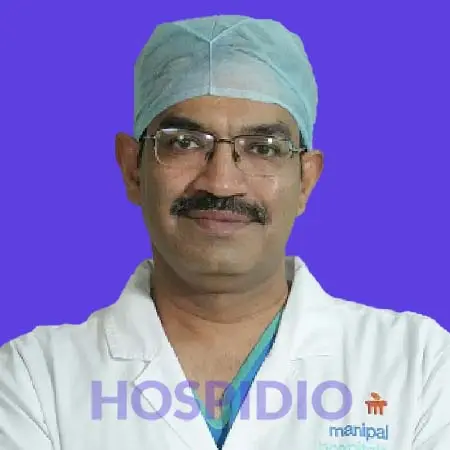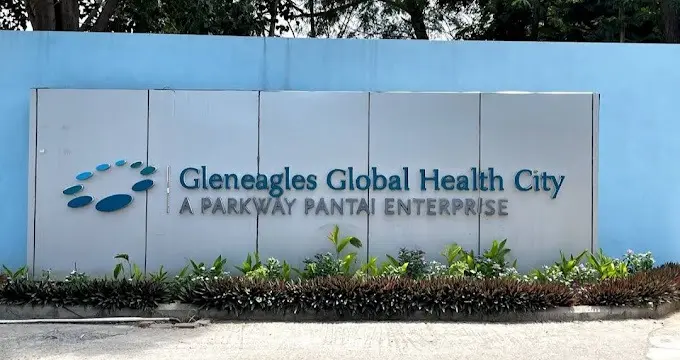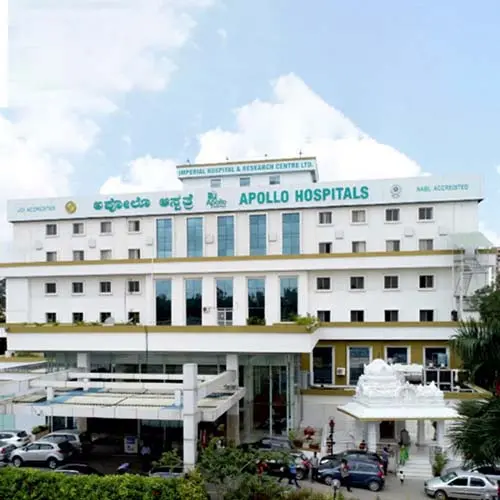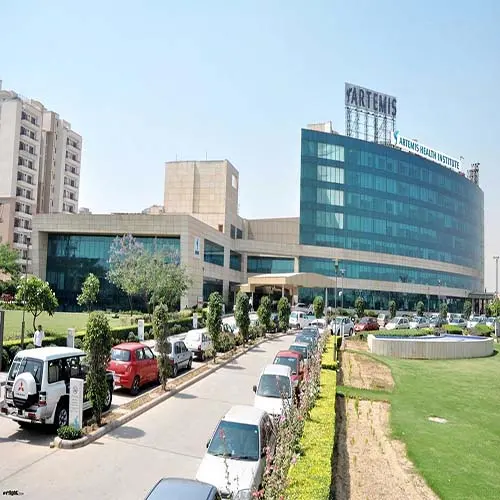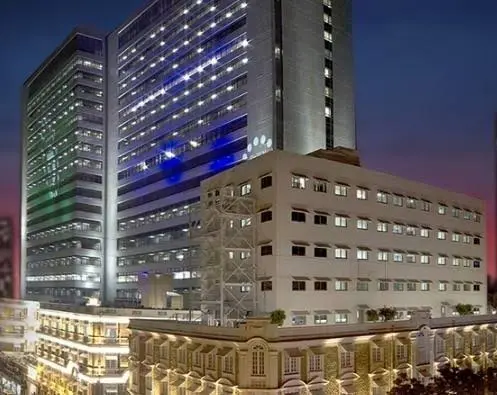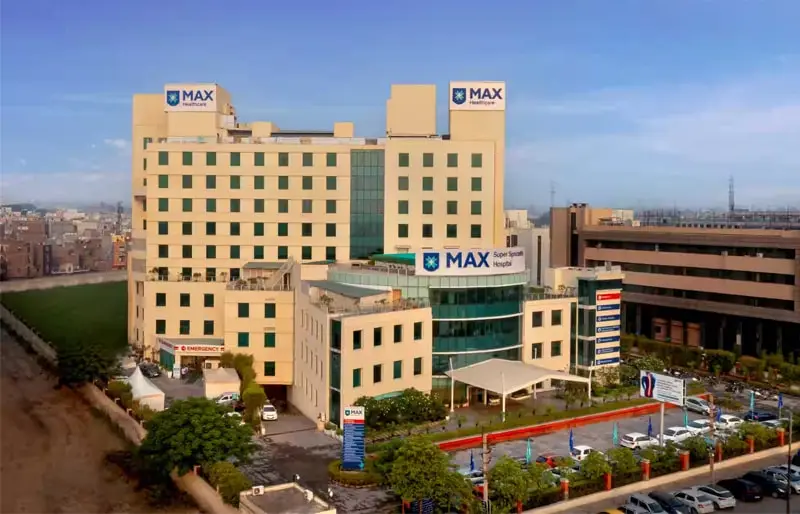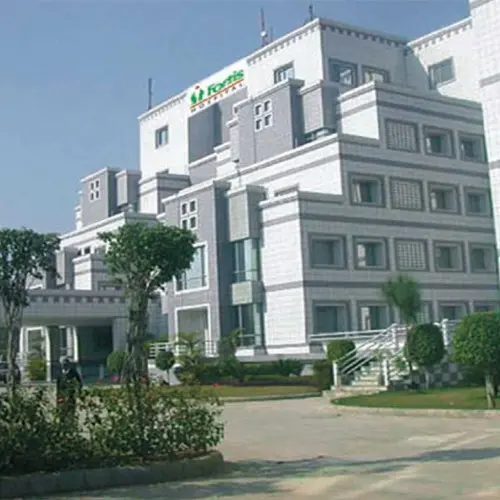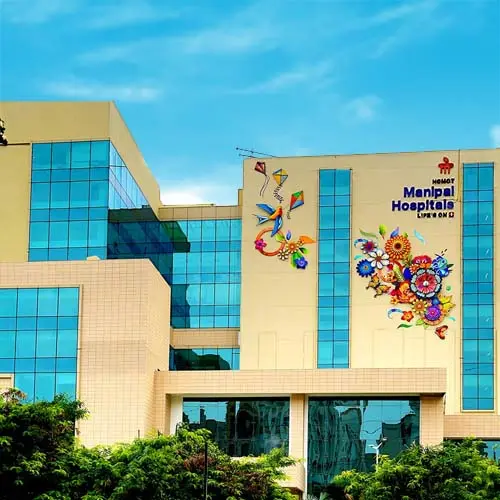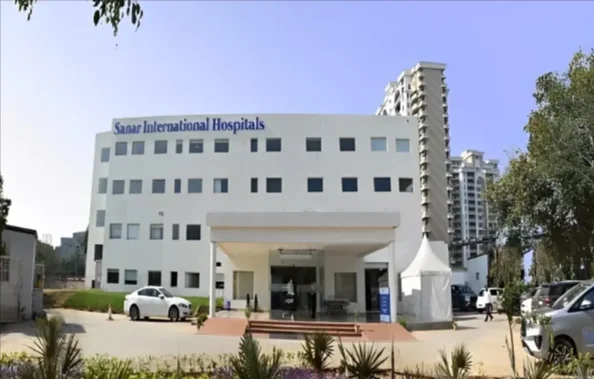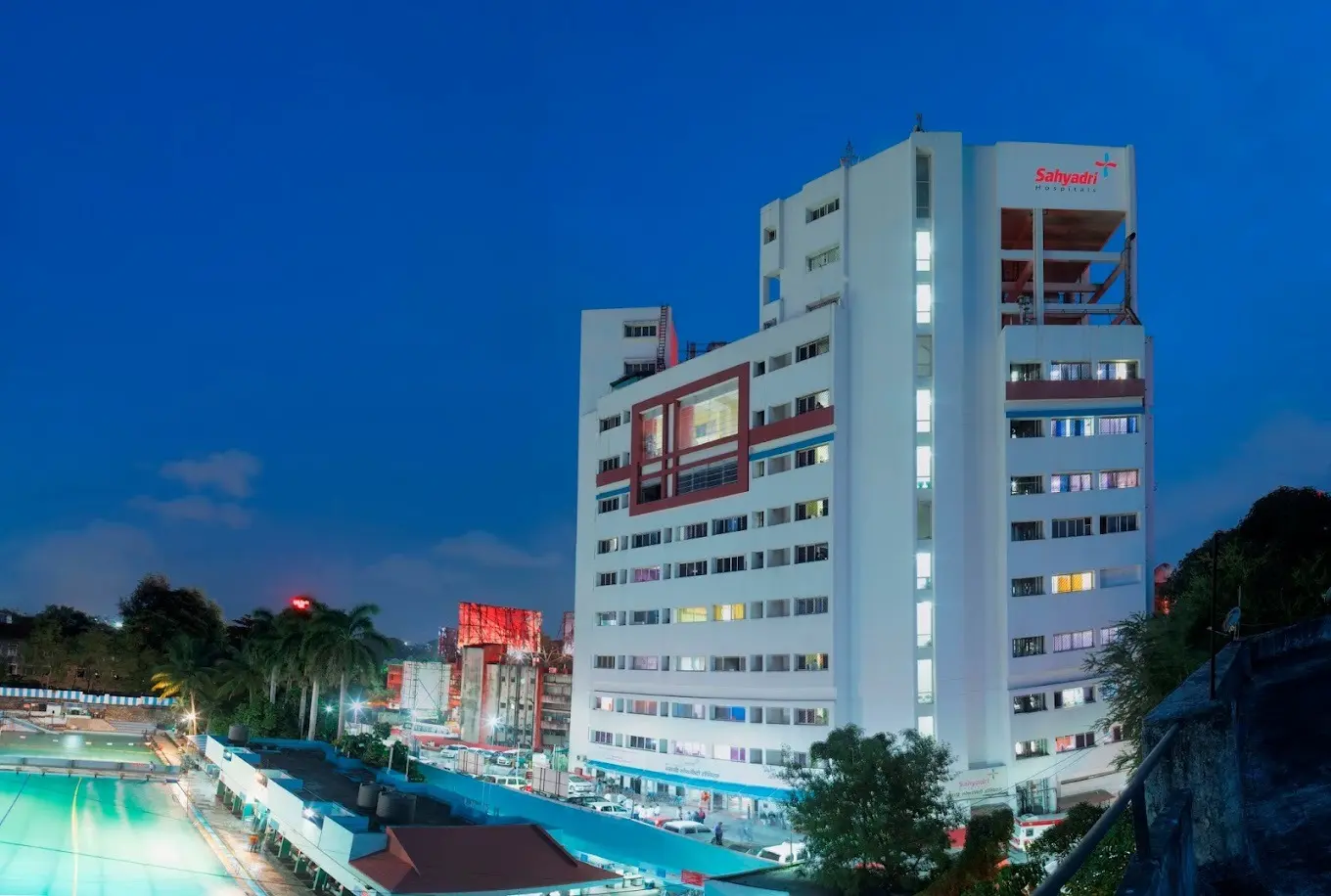Hernia Repair Surgery cost in India
Hernia repair surgery cost in India typically ranges from $2500 to $5500, which is approximately ₹212,500 to ₹467,500. This surgery is performed to correct a hernia, a condition where an internal organ or tissue bulges through a weak spot in the surrounding muscle or connective tissue.
Common types include inguinal, umbilical, and hiatal hernias. The procedure may be done using open surgery or minimally invasive laparoscopic techniques, and it aims to relieve discomfort, prevent complications, and restore normal function and strength to the affected area.
Cost Range of Hernia Repair Surgery cost in India
Surgeons carefully customize the treatment for hernia repair surgery after evaluating the patient's medical history, physical examination, imaging tests, and general health state because hernias might vary in kind, size, location, and severity.
The kind of hernia (inguinal, umbilical, or incisional), the complexity of the case, the patient's age, lifestyle, and the existence of any underlying medical disorders are some of the factors that influence the decision between open surgery and laparoscopic (minimally invasive) methods. A tailored surgical approach speeds up recovery and improves long-term health while lowering the chance of recurrence and ensuring a successful repair.
Get a free cost estimate
Common Types of Hernia That Need Repair
The most common forms of hernia that may need a surgical repair include:
Inguinal Hernia
An inguinal hernia occurs when a part of the intestine or abdominal tissue protrudes through a weak spot in the lower abdominal wall, specifically in the inguinal canal (groin area). It is one of the most common type, especially in men.
Femoral Hernia
A femoral hernia is when tissue pushes through the femoral canal, a passage near the groin and upper thigh. It is more common in women, particularly older adults.
Umbilical Hernia
An umbilical hernia is when part of the intestine bulges through the abdominal muscles near the belly button (navel). It is frequently seen in infants, but can also occur in adults due to obesity or pregnancy.
Incisional Hernia
An incisional hernia develops when tissues push through a weak spot or scar from a previous abdominal surgery. It occurs at the site of an old surgical incision.
Hiatal Hernia
A hiatal hernia happens when the upper part of the stomach bulges through the diaphragm into the chest cavity via the esophageal opening (hiatus). It often causes acid reflux or heartburn symptoms.
Who is an eligible candidate for hernia repair surgery in India?
1. Medical Eligibility Criteria
a) Confirmed Diagnosis of Hernia
The patient must have a clinically and/or radiologically confirmed diagnosis of hernia. This typically involves:
- Physical Examination (visible bulge or swelling, especially when standing or straining)
- Ultrasound of the Abdomen or Groin (commonly used for inguinal or umbilical hernias)
- CT or MRI Scans (used in complex or recurrent hernia cases)
- Symptom Assessment (pain, discomfort, or obstruction)
b) Severity and Symptoms
- Symptomatic Hernia (pain, discomfort, bulging): Surgery is typically recommended.
- Asymptomatic but Enlarging Hernia: May also qualify for preventive surgery.
- Complicated Hernias (e.g., strangulated or obstructed): Require urgent or emergency surgical intervention.
2. Treatment-Specific Eligibility
a) Open Hernia Repair Eligibility
- Suitable for most uncomplicated hernias
- Ideal for older adults or patients with multiple prior surgeries
- Candidates must have:
- Stable cardiac and pulmonary function
- No active infections at the surgical site
- Tolerance for spinal or general anesthesia
b) Laparoscopic Hernia Repair Eligibility
- Best for bilateral hernias, recurrent hernias, or patients seeking faster recovery
- It requires:
- General anesthesia fitness
- Good overall health with no significant abdominal adhesions
- No severe lung or heart disease that would contraindicate laparoscopic surgery
c) Mesh Repair Eligibility
Most adult hernia repairs use mesh to reinforce the abdominal wall.
Contraindications may include:
- Severe contamination or infection
- Allergy or rejection history to mesh materials
- Extensive scarring or previous mesh complications
d) Emergency Surgery Eligibility
- Required in cases of strangulation or bowel obstruction.
- Candidates should be stable enough for anesthesia and surgery, although life-saving intervention may proceed under critical conditions.
- Preoperative stabilization (fluids, antibiotics) is often necessary.
3. Additional Considerations
Age of the Candidate
There is no strict upper age limit; suitability is based on biological fitness and risk factors.
Comorbid Conditions
Conditions like diabetes, hypertension, or obesity must be well-managed before elective surgery.
Lifestyle Factors
Smoking cessation and weight loss may be advised preoperatively.
Patient Preference and Quality of Life
Surgery is often considered when the hernia significantly affects daily life or work activities.
Types of Hernia Repair and Cost in India
| Type of Hernia Repair Surgery | Description | Cost in India (USD) |
| Open Hernia Repair | Traditional method where a surgical incision is made to push the hernia back and reinforce the wall, usually with mesh. | $2,200 to $3,000 |
| Laparoscopic Hernia Repair | Minimally invasive surgery using small incisions and a camera to repair the hernia with mesh. Offers faster recovery. | $2,800 to $3,500 |
| Robotic Hernia Repair | Advanced laparoscopic surgery performed with robotic assistance for precision and less trauma. | $4,500 to $5,500 |
| Hiatal Hernia Repair (Nissen Fundoplication) | Surgical correction of a hiatal hernia often involves wrapping the stomach around the esophagus to prevent acid reflux. | $5,000 to $6,000 |
| Incisional Hernia Repair | Repairs hernias at the site of previous surgical incisions, often requiring mesh reinforcement. | $2,500 to $3,000 |
| Emergency Hernia Repair | Urgent repair of strangulated or obstructed hernias; cost may vary based on complexity and hospital care. | $2,500 to $3,800 |
Get a free cost estimate
City-wise Cost Comparison for Hernia Repair Surgery in India
| City | Cost in USD |
| New Delhi / NCR | $2,500 to $3,500 |
| Mumbai | $3,200 to $5,000 |
| Bangalore | $3,500 to $5,500 |
| Chennai | $2,500 to $3,500 |
Top Doctors in India For Hernia Repair




Hernia Repair Surgery Cost in India Inclusions
- First consultation
- Treatment as advised
- Routine drugs and consumables required during hospitalization
- Pre-anesthesia check up and clearance
- Hospital stay and meals as per the package
Hernia Repair Surgery Cost in India Exclusions
- Pre-operative examination and tests
- Hotel stay, meals and flights
- Extended hospital stay
- Post-treatment follow-ups
- Treatment for any other underlying medical conditions
- Any complex investigations or drugs
Other Factors Affecting Hernia Repair Surgery Cost in India
- Type of surgery advised
- Choice of location, doctor and hospital
- Pre-existing medical history
- Type and duration of treatment advised
Diagnostic Tests Done Before Hernia Repair Surgery
| Type of Screening Test | Cost in USD |
| Blood testsThese include the basic blood investigations for the patient to check for anemia and clotting disorders and viral infections. | 30 to 50 |
| Radiological AssessmentX-rays, CT scans and ultrasounds are Used to confirm the presence, size, and type of hernia—commonly done for inguinal or umbilical hernias. | 100 to 150 |
| Electrocardiogram (ECG)Assesses heart rhythm and checks for any underlying cardiac conditions before anesthesia | 50 to 70 |
| Pulmonary Function Test To assess lung function and ensure there are no respiratory issues. | 20 to 30 |
| Pre-anesthesia ClearanceA comprehensive evaluation by an anesthesiologist to assess overall health and any potential risks related to anesthesia. | 70 to 80 |
Why is India Preferred as One of the Best Countries for Hernia Repair Surgery?
India has become a top global destination for hernia repair surgery due to its excellent medical infrastructure, highly skilled surgeons, affordable treatment costs, and availability of advanced surgical techniques. Patients from around the world choose India for hernia treatment because it offers comprehensive surgical care—including open, laparoscopic, and robotic hernia repair—at a fraction of the cost compared to Western countries.
The cost of hernia repair surgery in India generally ranges from $2,500 to $3,500, depending on the type of hernia (inguinal, umbilical, femoral, incisional, or hiatal), the surgical approach, and the complexity of the case. In comparison, similar surgeries in the U.S. or Europe can cost anywhere from $15,000 to $50,000 or more, especially when minimally invasive or robotic methods are used.
India hosts some of the world’s most advanced hospitals and specialty centers, such as Apollo Hospitals, Fortis Healthcare, Max Healthcare, Artemis Hospital, and Manipal Hospitals, all equipped with state-of-the-art facilities for safe and effective hernia surgery. These centers utilize modern diagnostic tools like high-resolution ultrasound, CT scans, and MRI for accurate diagnosis and surgical planning.
Indian surgeons specializing in hernia repair are internationally trained and have vast experience performing thousands of successful procedures, including complex and recurrent hernia repairs. They employ a variety of surgical techniques, including tension-free mesh repair and minimally invasive laparoscopic and robotic approaches, ensuring faster recovery, less postoperative pain, and lower recurrence rates.
Another key advantage is the minimal waiting time for surgery, allowing patients to undergo timely treatment and avoid complications such as hernia strangulation or bowel obstruction. Advanced laparoscopic and robotic surgeries available in India provide benefits such as smaller incisions, reduced hospital stays, and quicker return to daily activities.
India also offers comprehensive support for international patients, including medical visas, airport pick-up, language assistance, accommodation arrangements, and post-operative care coordination. The country’s rich cultural diversity, warm hospitality, and affordable travel costs make it convenient and comfortable for medical tourists.
Best Hernia Repair Surgery Hospitals in India
FAQs
Hernia repair surgery is a procedure to fix a weak spot in the muscle or tissue where an organ (usually the intestine) bulges out. The surgeon places the organ back and strengthens the weak area, often with a mesh.
You may need surgery if you have:
- A visible lump or bulge in the abdomen or groin.
- Pain or discomfort while coughing, lifting, or walking.
- A hernia that is growing larger.
- Risk of complications like strangulation (when the intestine gets trapped).
Yes. Hernia repair is one of the most common and safe surgeries worldwide. In India, experienced surgeons and modern hospitals make the procedure very reliable.
The surgery usually takes 30 minutes to 2 hours, depending on the type and size of the hernia.
- Walking: same or next day.
- Return to normal activities: 1–2 weeks.
- Heavy lifting or strenuous work: after 4–6 weeks.
You may feel mild pain or soreness for a few days. Doctors give pain-relief medicines, and most patients recover comfortably.


